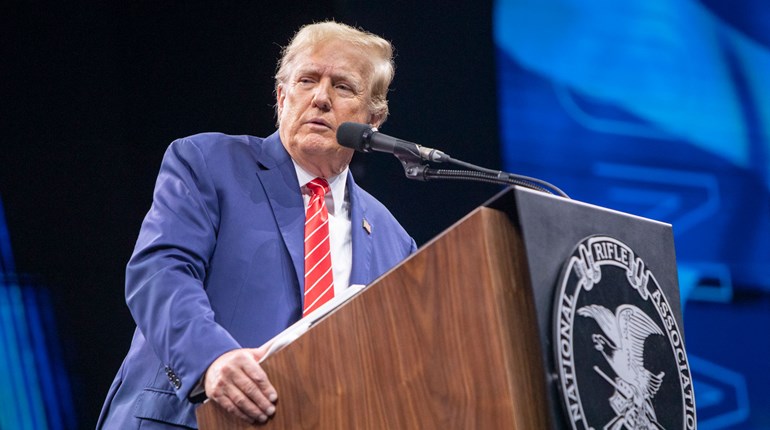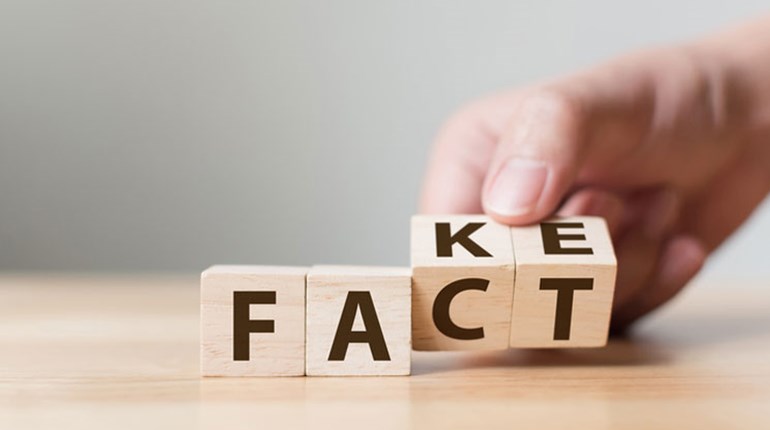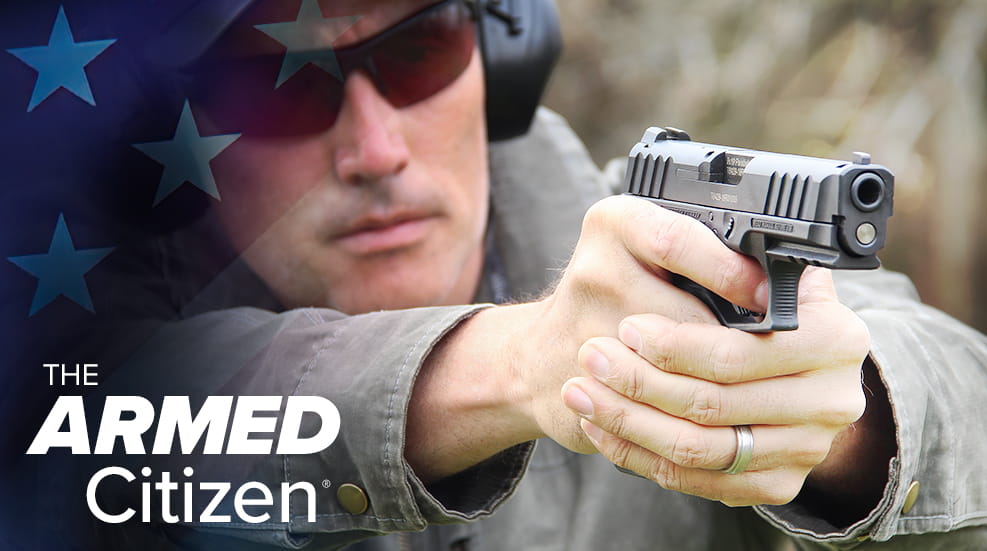
In June, a federal jury in Delaware found Hunter Biden guilty of all three of the firearms charges of which he had been accused. The case finished as it had begun: an open-and-shut application of the law to a man who had willfully violated its terms.
The conviction puts President Joe Biden (D) in a sticky political position. For a start, his campaign’s main message seems now to be that his opponent in the 2024 election, Donald Trump, is “a convicted felon,” and that being a convicted felon ought to disqualify one from polite society. During his disastrous presidential debate last June, Biden virtually spat out the word, telling Trump that the “only convicted felon here is the man I’m staring at right now.” But Hunter, too, is a convicted felon, and, far from taking that tone with him, President Biden continues to insist that Hunter is “one of the brightest, most-decent men I know.” To underscore this difference, consider that, upon hearing the news that Trump had been found guilty in New York, President Biden said that to question the result was “reckless,” “dangerous” and “irresponsible,” while, upon hearing the news that Hunter Biden had been found guilty in Delaware, Joe Biden said that his son would likely appeal.
The verdict also presents Biden with a policy problem. The gun laws that Hunter Biden broke have been an obsession for Joe Biden since he first entered the U.S. Senate in 1973. During his time in Congress, he wrote and championed laws against drug use; he wrote and championed laws regulating firearms; and, in particular, he wrote and championed laws punishing drug users for purchasing, possessing and using firearms.
Pushing back against the idea that addiction represented an excuse, Biden said in the 1990s, “I don’t want to ask, ‘What made them do this?’ They must be taken off the street.” This vow came hot on the heels of his criticism of President George H. W. Bush, whom he accused of being soft on crime and of refusing to “hold every drug user accountable.” Even now, Biden defends the prosecution of those laws on the grounds that they “keep guns out of dangerous hands.”
But when Hunter Biden was prosecuted under those laws—under a slam-dunk case filled with key details Hunter had admitted to in his memoir—first, President Biden’s Department of Justice tried to award Hunter a sweetheart plea deal that would have allowed him not only to avoid a trial and any associated jail time, but also to have the underlying charges wiped from his record. But, when that failed, President Biden said, “My son has done nothing wrong.”
Which, if true, raises a big question: What about all of the other people who, in President Biden’s words, were “taken off the street” and held “accountable”? Did they do anything wrong?
And what of the future of the laws—and other laws like them—under which those people were convicted? As he has made clear, Joe Biden has one of the most-extensive gun-control agendas of any president in American history. Among other things, he wishes to criminalize the most-commonly owned rifles in the United States, to prohibit standard-issue magazines, to use “universal background checks” to micromanage to whom you can gift or lend a gun and to impose “red-flag” laws that bypass critical due-process protections. In and of itself, that is a tough sell. But with his hypocrisy on the question of enforcement on full display, the endeavor will be nigh on impossible. You can demand Draconian regulation or you can demand special treatment for your family, but you cannot do both. As November looms, Joe Biden is caught in his own contradictions.


































